Babies come into the world ready to communicate. They may not be able to talk but they’re always trying to tell us things. And it’s through their early interaction with you – their mum, dad or carer – that they learn how to express their needs. The more time you spend interacting with your wee one, the more you’ll understand what they’re trying to say. And you’ll be laying a great foundation for them when they eventually start talking.
When will my baby start to communicate with me?
From the very beginning, your baby can let you know what they like and what they don’t. They can respond to familiar voices, smells and faces that they recognise, and they can let you know whether they’re contented, uncomfortable or distressed.
Your baby can focus on your face when held in your arms, recognise your voice from hearing it in the womb, and start to interact with you.
How can I encourage my baby to interact with me?
Learning to interact with each other is a bit like learning a dance together: it can take a wee while to work out the steps, but you’ll both really benefit from the process.
But by paying close attention you’ll soon start to learn what your baby’s trying to say to you. And they’ll learn that you’re there to meet their needs and respond, for example, by picking them up when they need a cuddle. Even if you can’t always spot what’s needed immediately, your gentle touch and warm attention will reassure your baby. This is how your baby builds up trust in you, and is the first step in helping them become a confident person with good social skills.
You can find more tips for chatting and interacting with your baby here.
How do I 'tune into' and connect with my baby?
What does ‘tuning into’ your baby mean? It might help to think of yourself and your baby as two instruments that need to learn to play in tune together. You might be a bit squawky at first, but you’ll soon get into the swing of it.
How does this interaction help my baby's development?
All this interaction is so good for your baby! Here are three ways it helps their wellbeing and development.
Helping baby feel safe and loved
Social interaction is about so much more than developing ‘social skills’. By responding to your baby’s cues, you make them feel safe, valued and loved. This also builds up a sense of trust and lays the foundation of your lifelong relationship. And feeling valued and loved will help your baby grow into a confident person.
Helping baby make sense of the world and their place in it
Babies also learn about themselves through social interaction. It’s like a ‘turbo booster’ for their brain, helping them learn a variety of things about themselves and the world around them.
For example, maybe your baby is crying and you work out that they need picking up from their buggy, because they need contact with you. You might say, in a gentle tone, “You need a cuddle! I've got you.”
Through this interaction, they’ve learned that it’s okay to express their needs, and that they like being held by you. They also learn that what they feel is valid, and that they can trust you to understand them.
Helping with language and communication
The more you chat and sing to your baby, the more words they’ll hear and learn to understand. This builds a great foundation for learning to talk later on.
Will my baby’s social skills develop more quickly or slowly if they have an older sibling?
This depends on so much: what is the older sibling like? Do they like spending time with the baby? Does the sibling expect too much from the baby, or do they have the patience to go at the baby’s pace?
The key element to developing social skills is always YOU! You lay the foundations for your baby’s social skills, in how you respond to their cues. And the more time you spend interacting with your baby, the stronger those foundations will be, helping them grow up to be confident when they socialise with other people.
I have twins – how can I help them develop as individuals?
Your babies might be twins, but they are still unique beings, and there will be differences in what they respond to and how they communicate. Twins sometimes have a ‘special language’ with one another, and a special bond. But you can still nurture their sense of self as an individual, which will help them to relate to other children.
A great way to start is to use their names when you’re speaking to them individually, or about them to others, instead of just referring to them as ‘the twins’. Try to make eye contact with each baby as you’re talking.
You can find out more about bonding with twins and multiples and how to help multiples develop language and communication skills on the Twins Trust website.
Why are babies sometimes reluctant to interact?
Babies come into the world with their own unique personalities – they don’t all like the same things. Some babies take longer to work out this big new world they’ve been born into. All the sights, sounds, smells, touches and feelings can be overwhelming!
Like adults, babies will not feel like socialising if they’re unwell, stressed or unhappy in some way. But if you’re worried that they’re always reluctant to socialise, even when they are well and happy, speak to your health visitor, family nurse or GP.
But whatever is going on, these tips will always be helpful.
Tips to help babies who may be reluctant to interact
Tip #1: Be patient
Give them time to take in what you say. Some babies will take longer than others to respond, but try counting to 10 in your head before saying something else. You’ll soon notice how long it takes your baby to respond and how long you need to pause for.
Tip #2: Have fun with toys
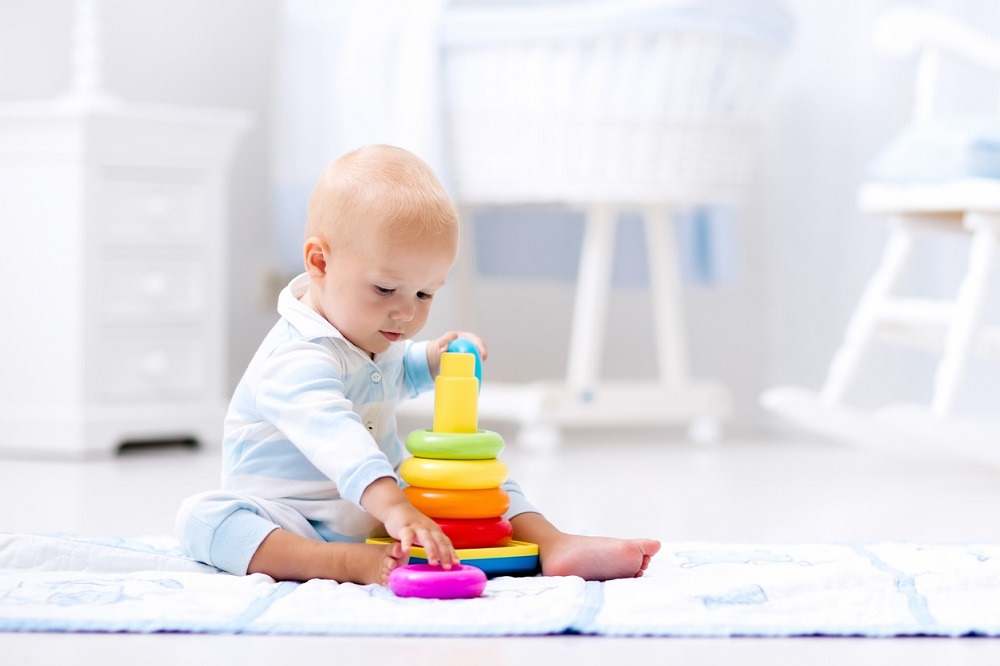
If your baby is under 4 months, remember your face is the best toy possible for them!
If they’re over 4 months, think about how many toys you’re offering them and where you’re putting them. For example, do you put them between your baby and you so they focus on the toy and not the interaction they’re having with you? Try holding them next to your face instead.
When they can reach for toys, put them close by so that they can see and choose what to play with themselves.
Tip #3: Put your phone away
We all have busy lives and need to stay in touch with friends and family, keep on top of emails and life admin or check in on social media. But babies love having our full attention. And if they keep seeing you turn away from them to look at your phone, this can be upsetting for them. If it happens a lot, it could even affect their development and make it harder for them to learn to communicate and socialise as they grow up.
So when you’re chatting or playing with your wee one, try to put away the phone for a bit and give them your full attention.
 Activities & Play
Activities & Play Behaviour
Behaviour Childcare
Childcare Development & Growing Up
Development & Growing Up Family, Friends & Relationships
Family, Friends & Relationships Feeding Your Baby
Feeding Your Baby Food & Eating
Food & Eating Health & Safety
Health & Safety Mental Health & Wellbeing
Mental Health & Wellbeing Money & Work
Money & Work Online Behaviour & Safety
Online Behaviour & Safety Pregnancy & First Days
Pregnancy & First Days School & Education
School & Education Sleep
Sleep

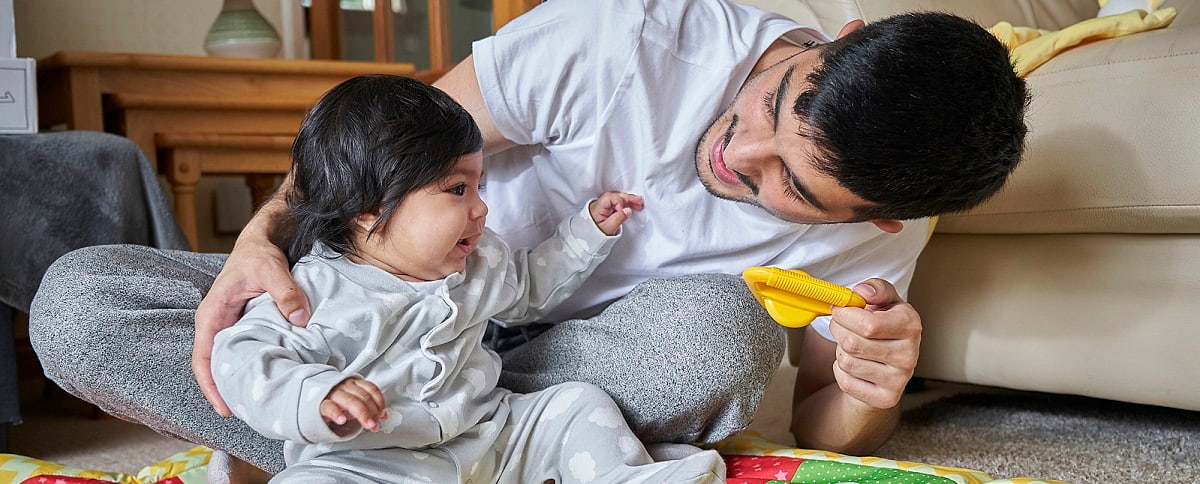
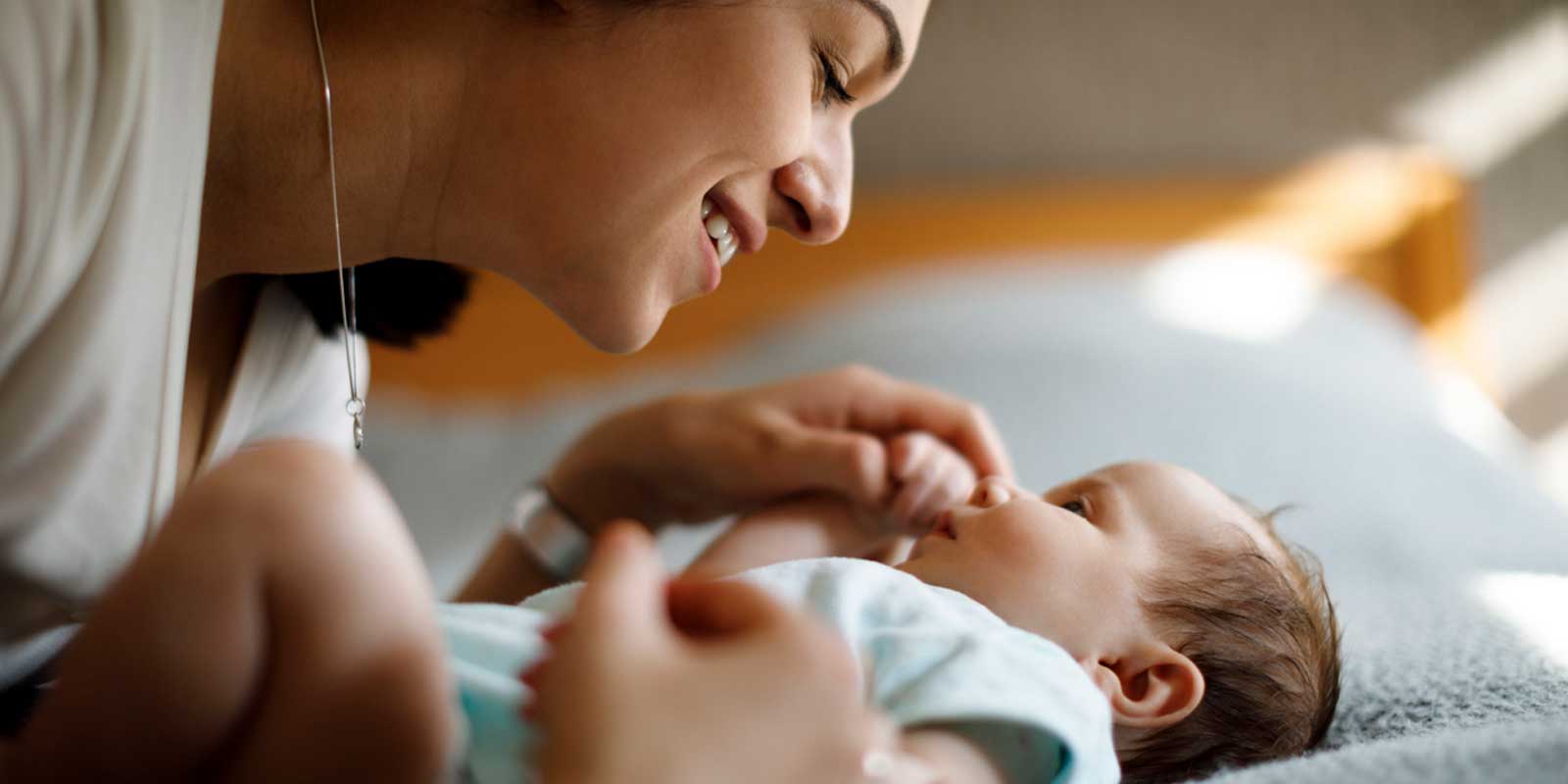
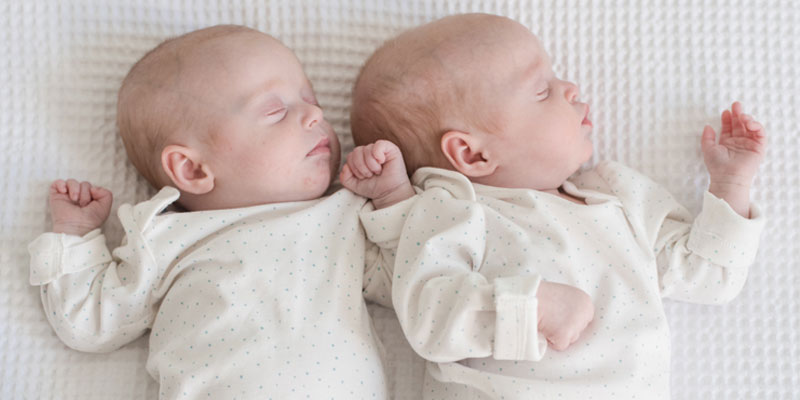
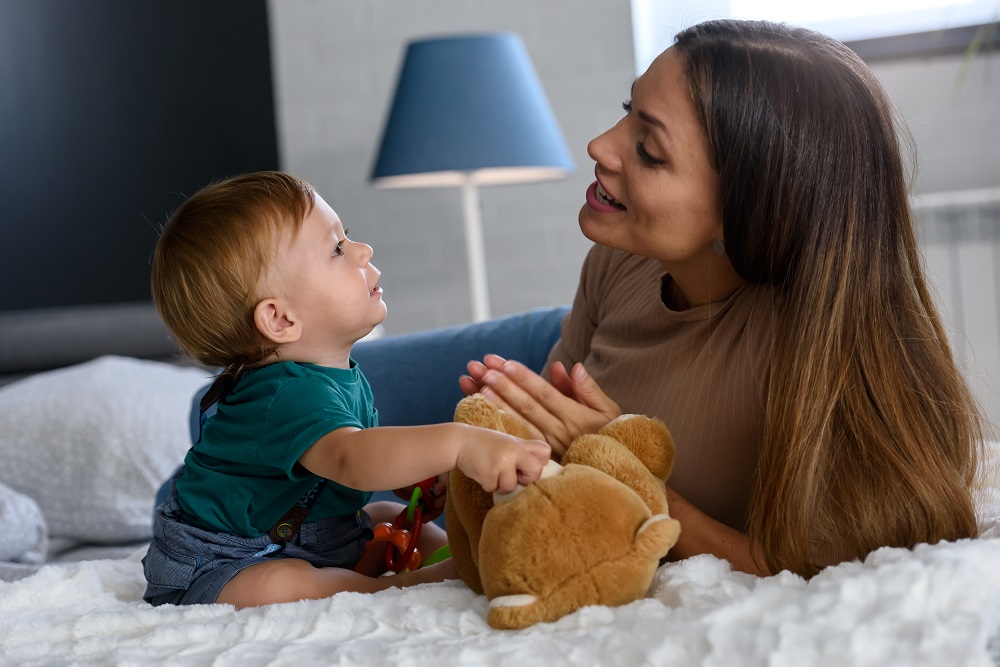
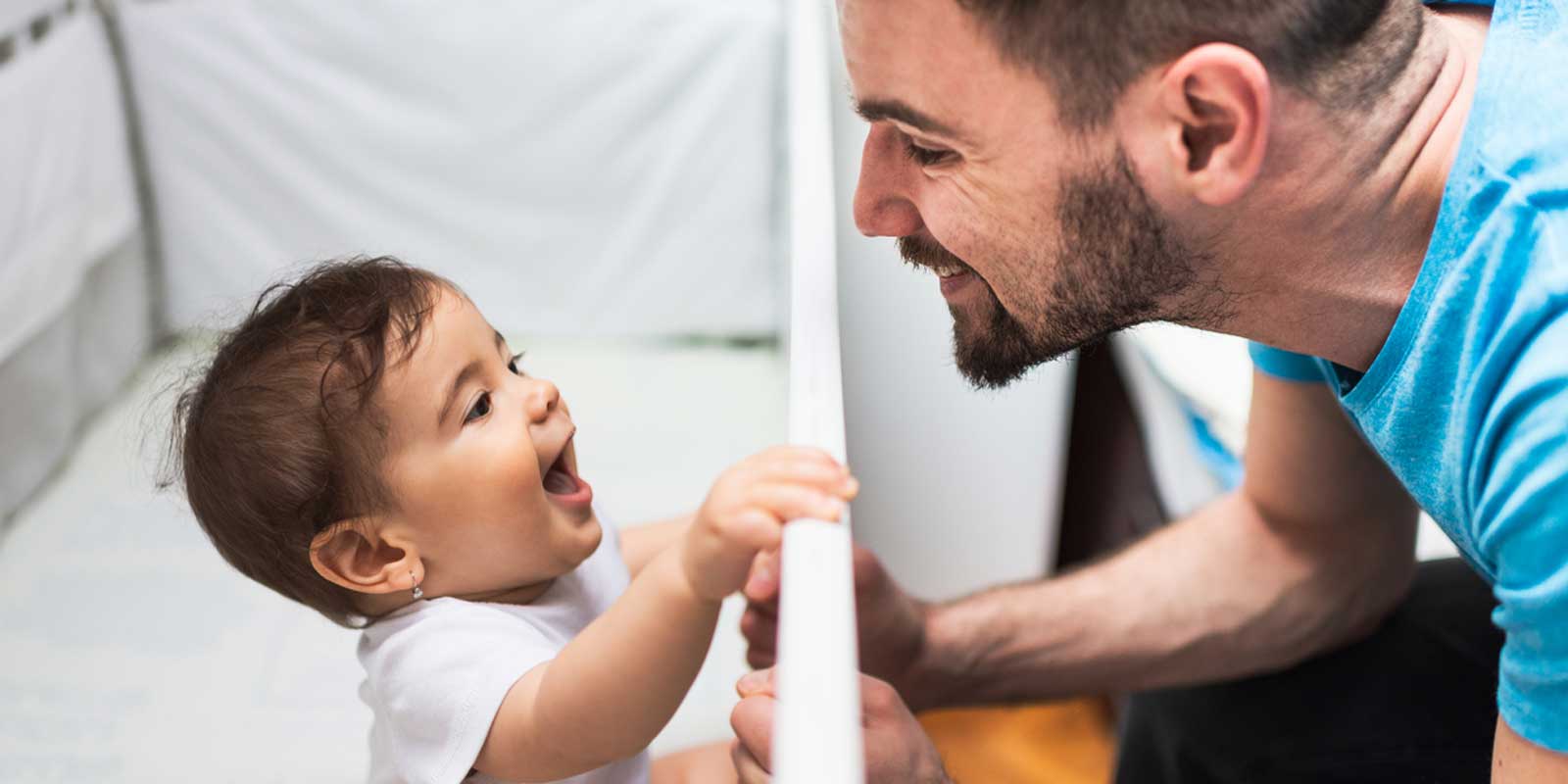
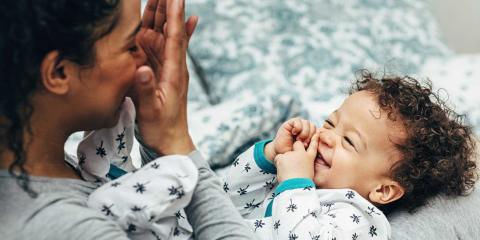
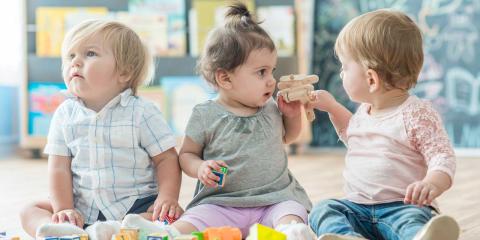
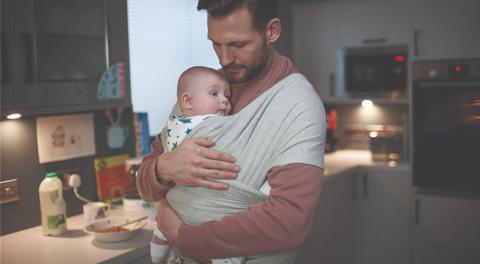
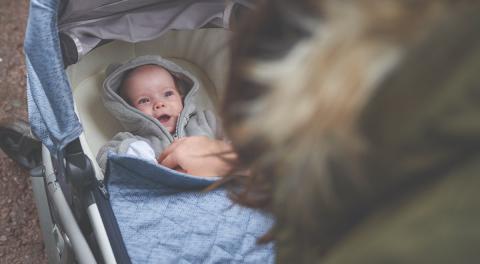
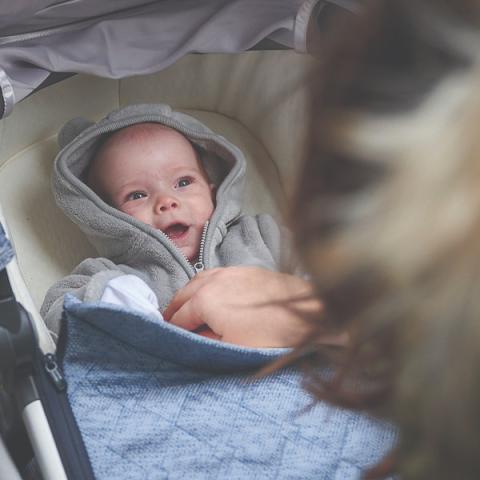
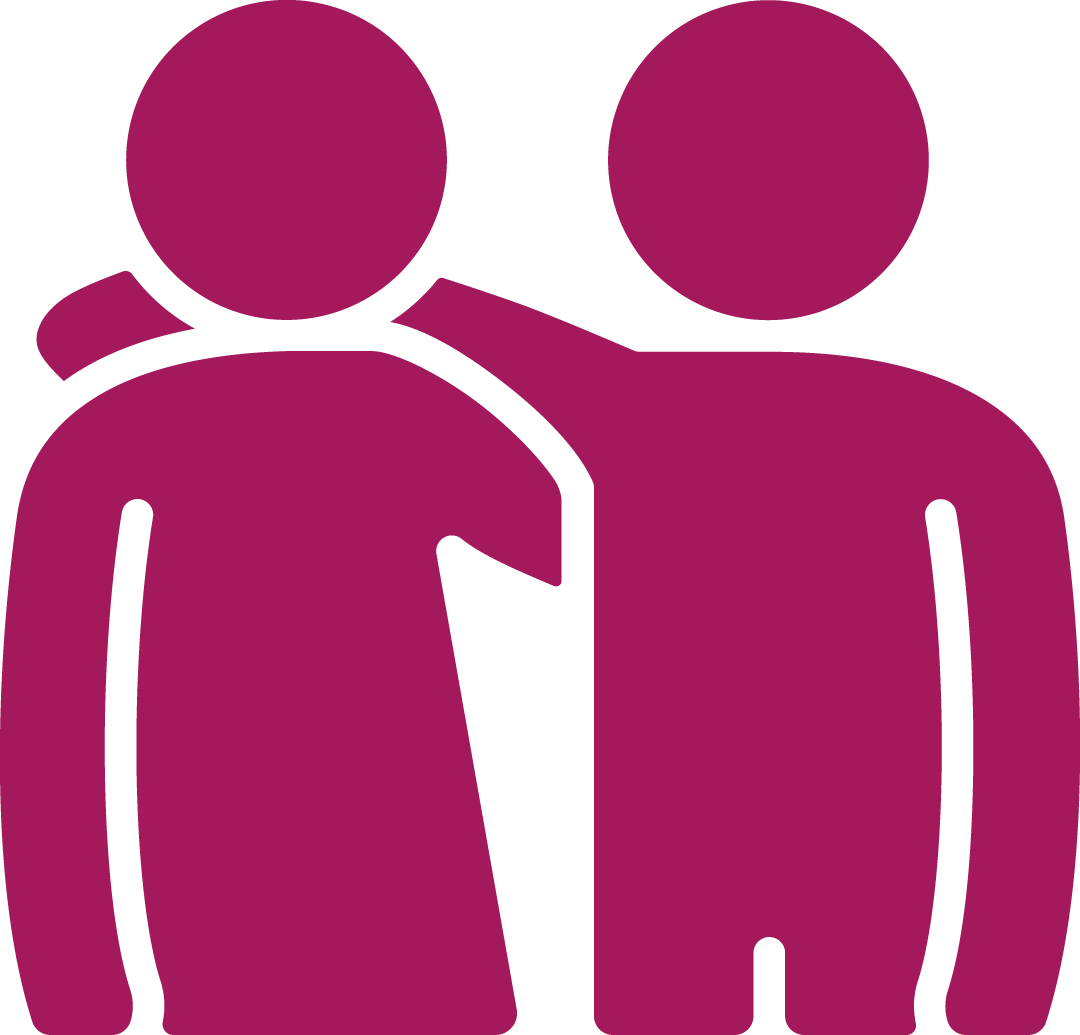 Family, Friends & Relationships
Family, Friends & Relationships
 Mental Health & Wellbeing
Mental Health & Wellbeing